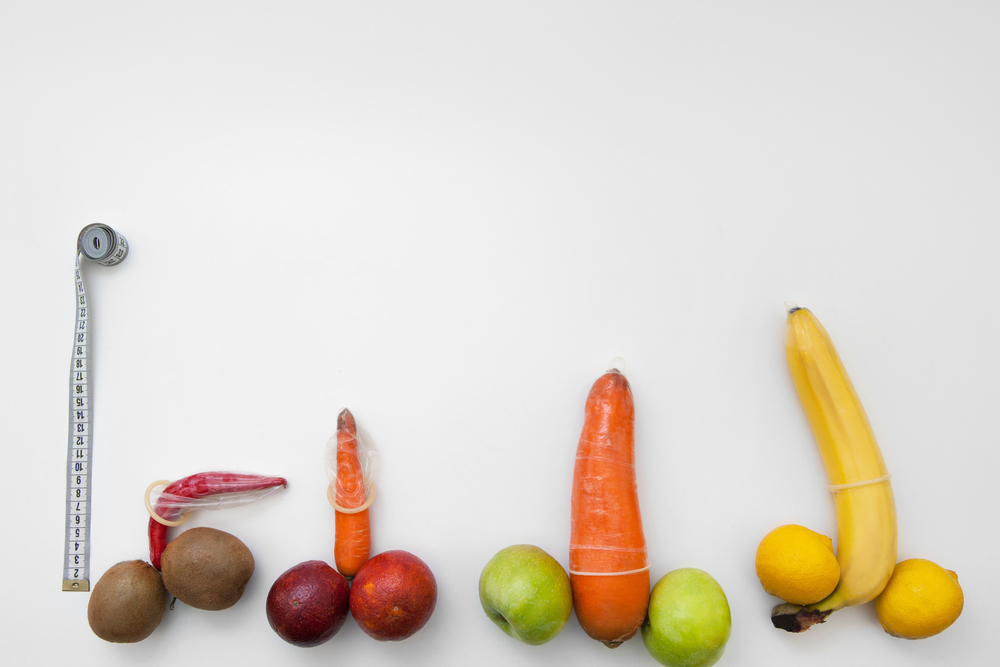Contents:
- Medical Video: Vitamins: do you need supplements?
- Are supplements good for consumption?
- Excess food compared to vitamin and mineral supplements
- Who needs supplements?
Medical Video: Vitamins: do you need supplements?
Do you often take supplements? Maybe for most people, taking supplements of vitamins or minerals is beneficial for health. But does the body really need supplementation?
Are supplements good for consumption?
If you are one of the people who thinks that everyone needs supplements to improve or maintain their health, then your assumption is not entirely correct. Incorrect consumption of supplements will be harmful to health. The study, conducted on 38 thousand women aged over 50 years, showed that consumption of iron supplementation could increase the risk of death in the group. From the results of these studies, it does not mean supplementation of iron or other minerals has a negative impact on the body. However, a healthy body actually only requires iron from food, and if we have consumed foods that are high in iron, then this is enough to meet the needs of a day.
Another study conducted by the Mayo Clinic looked at the relationship of vitamin E supplements to heart health. The results of the study state that taking vitamin E can increase the risk of heart failure and premature birth, if consumed in excess by pregnant women. In addition, based on the Mayo Clinic, consuming more than 200 mg of vitamin B6 can lead to disorders of the nervous system and heart attacks. While the National Institute of Health also states that excessive consumption of vitamin A has a negative impact on bone health.
Supplements or multivitamins are not a 'magic' pill or drug that can easily fulfill all your vitamin and mineral needs. Supplementation actually cannot replace the vitamins or minerals we get from food. Therefore, supplementation or multivitamins are no more 'great' nutrients compared to nutrients from food.
Excess food compared to vitamin and mineral supplements
Foods have more benefits than supplements, namely:
Have richer nutrients. Healthy and diverse foods, containing various macro nutrients and micronutrients, are not just one type of nutrient such as supplements. For example, oranges contain vitamin C, beta-carotene is good for the eyes, calcium is good for bones and teeth, and various other nutrients.
Contains fiber. Besides being rich in nutrients, many foods that contain high fiber such as wheat, various kinds of vegetables and fruits. From these foods, our bodies can get fiber intake which is useful to help digestion and promote bowel movements, and prevent the occurrence of type 2 diabetes mellitus and various types of heart disease.
Consisting of other chemicals. Antioxidants are found in various vegetables and fruits such as oranges, various types of berries, wheat, and many more. Various studies show that antioxidants are useful to prevent damage to cells and body tissues which can lead to various diseases such as Alzheimer's, cancer, and heart disease. In addition, there are usually phytochemicals in vegetables, which are useful for preventing the body from getting high blood pressure, diabetes mellitus, cancer, and coronary heart disease.
Who needs supplements?
If you often eat healthy foods, which are low in fat, salt, or sugar, high in fiber, such as vegetables and fruits, then you no longer need to take any supplements or vitamin pills. However, people who experience some physiological conditions or special diseases, may even need supplementation to support their nutrition.
- Pregnant women and nursing mothers. Usually it requires iron, folic acid, and various other minerals to support this condition.
- Elderly (people aged 50 years or more). At this age it is recommended to consume more vitamin B12, to prevent cognitive decline quickly.
- People who experience chronic diarrhea, food allergies, or diseases of the liver, digestion, and pancreas, and cancer, which makes them unable to eat certain foods, so they experience a lack of nutrients.
- Women who experience heavy bleeding or are menstruating, usually experience iron deficiency. Therefore they need additional iron from supplements.
- People who don't eat well, or have eating habits that are less than 1600 calories per day.
- People who do vegan and vegetarian diets.
If you belong to the group mentioned above, then consult your doctor what supplements are needed to support and help maintain your health. But if you don't have any history and feel healthy, all you need is healthy food, not supplements. Even taking excessive supplements or multivitamins can cause various complications for your health.
READ ALSO
- Fat Blocker Supplements: Really Can Help Lose Weight?
- Iron Supplements for Pregnant Women with Anemia
- Food Supplements for Children One year












